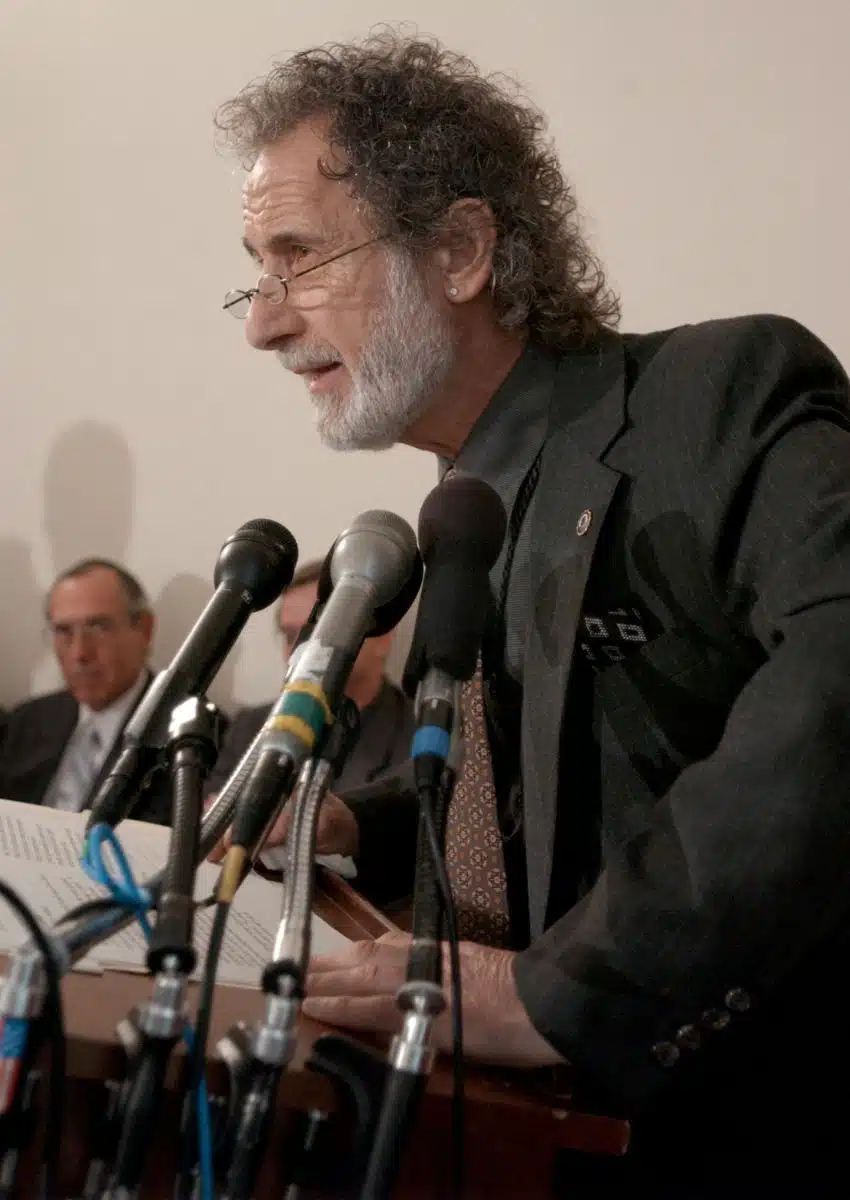Who was Frank Serpico, and why does his story continue to resonate in the annals of American law enforcement? Known for his unwavering integrity and courage, Frank Serpico became a symbol of justice during a time when corruption ran rampant within the New York Police Department. His relentless pursuit of truth not only exposed systemic issues but also inspired generations of officers to uphold ethical standards. This narrative delves into the life of Frank Serpico, focusing on his personal relationships, professional journey, and enduring legacy.
Born in Brooklyn, New York, Frank Serpico embarked on a career in law enforcement driven by an innate desire to serve and protect. However, what set him apart from his peers was his commitment to exposing the rot that plagued the institution he so deeply respected. Despite facing immense pressure, threats, and ostracism, Serpico refused to compromise his principles. His actions led to groundbreaking reforms within the NYPD and earned him a place in history as one of the most courageous whistleblowers of all time. Yet, behind this public persona lies a complex individual whose personal life often took a backseat to his mission.
| Biographical Information | Details |
|---|---|
| Full Name | Frank Serpico |
| Date of Birth | April 14, 1936 |
| Place of Birth | Brooklyn, New York, USA |
| Spouses | Mary Ann Wheeler (1957–1962), Leslie Lane (1963–1965) |
| Children | None |
| Career | New York City Police Officer (1960–1971) |
| Achievements | Whistleblower against police corruption; instrumental in the Knapp Commission investigations |
| Reference Website | The New York Times - Frank Serpico Profile |
Throughout his tenure with the NYPD, Frank Serpico encountered numerous challenges that tested both his resolve and resilience. As a rookie officer, he quickly realized that bribery and graft were commonplace among his colleagues. Instead of succumbing to these practices, Serpico chose to report the misconduct, first internally and later to higher authorities. His efforts culminated in the establishment of the Knapp Commission, which conducted extensive investigations into police corruption. The findings of this commission resulted in significant policy changes aimed at restoring public trust in law enforcement agencies.
Serpico's decision to blow the whistle came at great personal cost. He faced hostility from fellow officers who viewed him as a traitor, leading to isolation and harassment. In 1971, while responding to a drug raid, Serpico was shot under suspicious circumstances—an incident many believe was orchestrated by those seeking retribution. Miraculously surviving the attack, he eventually left the force after receiving a disability pension. Though physically scarred, Serpico's spirit remained unbroken, and he continued advocating for transparency and accountability in policing.
Frank Serpico's marriages reflect the toll his crusade took on his personal life. His first marriage to Mary Ann Wheeler lasted from 1957 until their divorce in 1962. Shortly thereafter, he married Leslie Lane in 1963; however, this union ended just two years later in 1965. Both relationships dissolved amid the pressures of his demanding career and the constant threat of retaliation for his whistleblowing activities. Despite these setbacks, Serpico maintained a strong support network of friends and allies who admired his steadfast dedication to justice.
In retirement, Frank Serpico has dedicated himself to speaking engagements and writing about his experiences. His autobiography, Serpico, co-authored with Peter Maas, became a bestseller and was adapted into a critically acclaimed film starring Al Pacino. Through these mediums, Serpico ensures that his message of integrity continues to reach new audiences. Moreover, he remains actively involved in discussions regarding police reform, emphasizing the importance of ethical leadership and community engagement.
Today, Frank Serpico is revered as a pioneer in the fight against institutional corruption. His bravery serves as a reminder that true change often requires sacrifice and perseverance. While the road ahead may still be fraught with obstacles, Serpico's legacy provides hope that justice can prevail even in the face of adversity. By examining his life and contributions, we gain valuable insights into the complexities of balancing duty with morality—a lesson that resonates far beyond the confines of law enforcement.
As society grapples with ongoing debates surrounding police accountability, Frank Serpico's story stands as a testament to the power of individual courage. It underscores the necessity of fostering environments where honesty and transparency are prioritized over self-interest and expediency. Ultimately, his journey exemplifies the transformative potential of standing up for what is right, regardless of the consequences.




